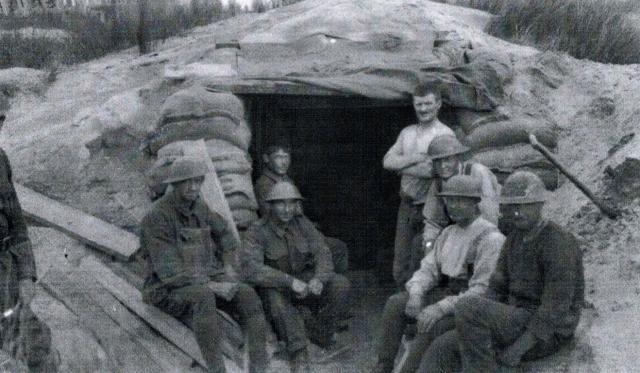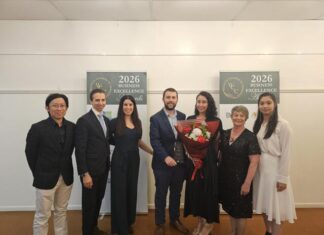Digital Edition
Subscribe
Get an all ACCESS PASS to the News and your Digital Edition with an online subscription
Medical centre expands services
Warwick’s healthcare landscape continues to strengthen with the ongoing growth of Condamine Medical Centre at 53 Wood Street and the upcoming opening of the...









